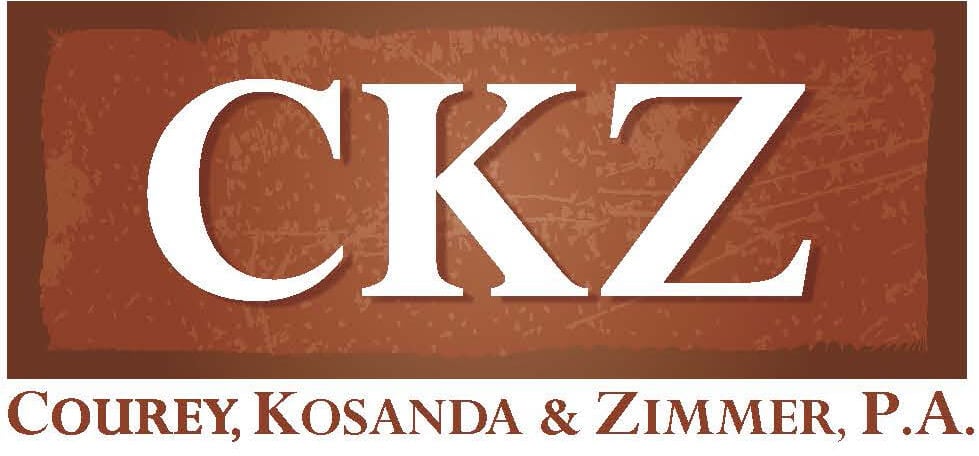One misconception about estate planning is that the process is only for people who have a large amount of wealth. However, anyone can benefit from an estate plan. Even if a person has very little assets, they could create an estate plan for health care decisions and child custody.
The myth that estate planning is only for the rich is just one of many misconceptions. Here are a few more to avoid if you are making an estate plan:
Myth 1: A will is not necessary for an estate plan
Truth: The main document in an estate plan is the will. Without a will, a testator would die intestate and their assets would be distributed by the state. A will is also typically necessary for people who want to make trusts.
Myth 2: You must reveal your will to beneficiaries
Truth: The testator does not have to disclose any of their estate plans to anyone. However, it is beneficial to discuss the details of an estate plan with the executor so they are aware of the location of the will and what responsibilities would be required of them.
Myth 3: A beneficiary must be a family member
Truth: A beneficiary is anyone who could benefit from an estate plan. The testator can name anyone as a beneficiary, such as a spouse, sibling, adopted child, friend, godparent or charity. Multiple beneficiaries could also be named.
Myth 4: An estate plan must be handwritten
Truth: While many people have written their estate plans by hand, it is not the only option. Writing an estate by hand could also lead to challenges, such as if the will did not follow state laws or had a grammatical mistake.
Testators may benefit from reaching out for legal help to discuss their estate planning options.

